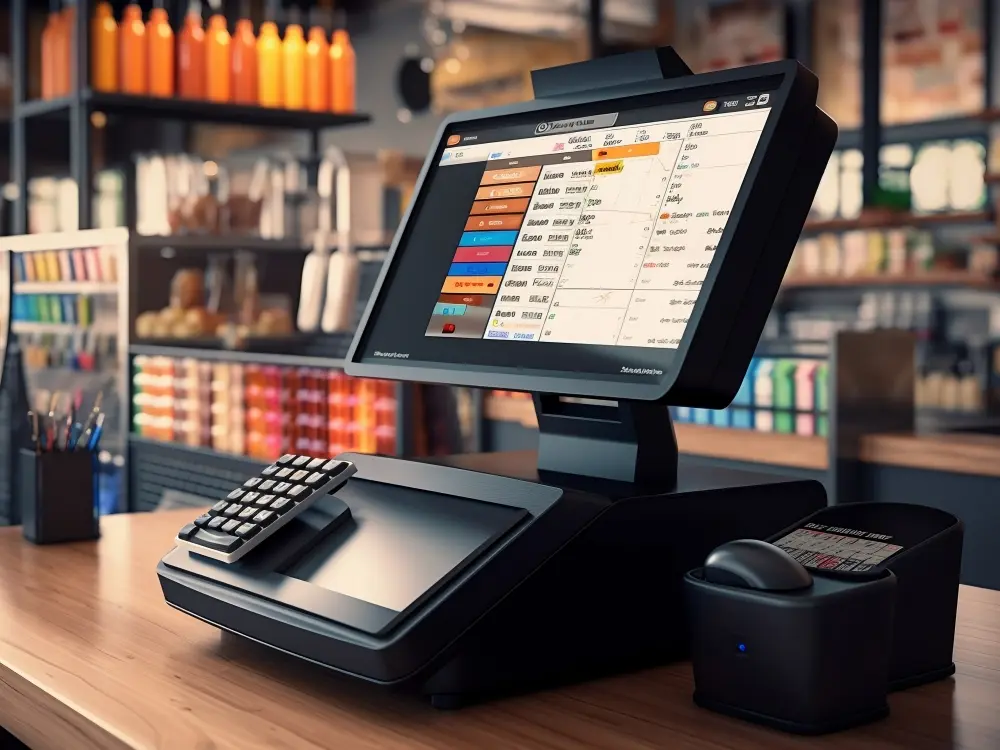Running a small business comes with unique challenges, from managing day-to-day operations to ensuring customer satisfaction. A Point of Sales System (POS System) can significantly simplify these challenges by providing tools to streamline transactions, manage inventory, and analyze data.
For small businesses, adopting the right technology, such as a reliable POS System, is no longer a luxury—it’s a necessity. This system helps simplify processes, improves financial accuracy, and provides insights that can help businesses grow.
This blog will explore five essential benefits of a Point of Sales System and how implementing one can enhance operations and profitability for small businesses.
1. Simplifies Sales Transactions
Efficient transaction processing is vital for any small business. A Point of Sales System automates and accelerates sales transactions, ensuring quick and error-free checkouts. Whether it’s a retail shop or a café, having a streamlined system eliminates the need for manual calculations and outdated cash registers, resulting in happier customers. For businesses experiencing peak hours or high foot traffic, a POS System helps manage long queues by enabling smooth and seamless transactions. Benefits:- Speeds up the checkout process.
- Reduces human errors during transactions.
- Enhances customer satisfaction with seamless payments.
2. Enhances Inventory Management
Managing inventory is one of the most challenging aspects of running a small business. A Point of Sales System provides real-time updates on stock levels, ensuring that business owners always know what’s available and when to reorder. This reduces the risk of stockouts or overstocking, both of which can negatively impact profitability. With centralized inventory management, businesses with multiple branches can easily monitor stock levels across different locations, ensuring that inventory is optimized. Benefits:- Tracks inventory across multiple locations.
- Automatically updates stock after each sale.
- Sends low-stock alerts for timely replenishment.
3. Improves Financial Accuracy
Small business owners often juggle multiple roles, including managing finances. A Point of Sales System simplifies this by automatically recording transactions and generating accurate financial reports. This eliminates the need for manual data entry, reducing the likelihood of errors and saving valuable time. For tax filing and strategic planning, accurate financial data is critical. A POS System ensures that small businesses can easily access the information they need to make informed decisions. Benefits:- Reduces accounting errors.
- Generates real-time financial reports.
- Simplifies tax filing and compliance.
4. Provides Customer Insights
In a competitive market, understanding customer preferences is key to building loyalty. A Point of Sales System collects and organizes data on customer purchases, enabling businesses to identify patterns and tailor their offerings accordingly. With this data, businesses can run targeted promotions, offer personalized discounts, and better serve their customers. For example, recognizing peak buying times or popular products allows businesses to plan inventory and marketing strategies effectively. Benefits:- Tracks customer buying patterns.
- Helps create personalized promotions and offers.
- Improves customer retention with targeted marketing.
5. Saves Time and Resources
For small businesses, time is one of the most valuable resources. A Point of Sales System automates time-consuming tasks like inventory tracking, sales monitoring, and financial reporting. This gives business owners and their teams more time to focus on other important areas, such as customer service and growth planning. By reducing the administrative workload, a POS System ensures that your team can prioritize what matters most—serving customers and growing the business. Benefits:- Reduces manual workload.
- Frees up staff for customer-facing tasks.
- Enhances overall operational efficiency.





